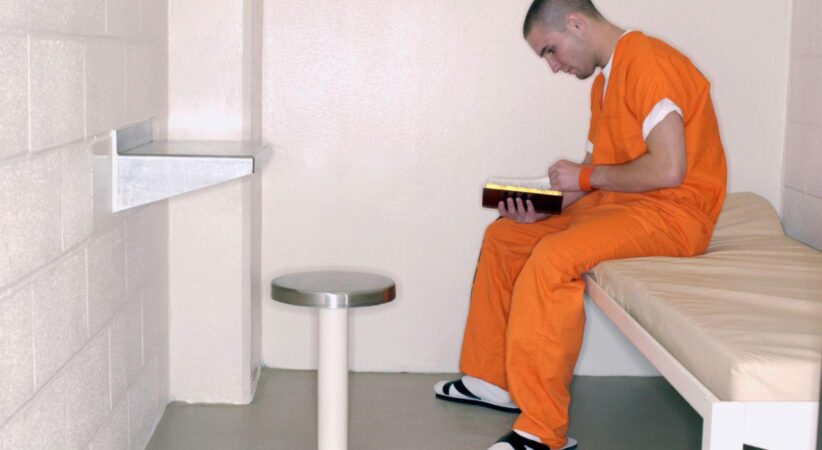
Literacy in Canadian Prisons
Freedom to Read Week is coming up soon (February 19-25). This week is an annual event that is focused intellectual freedom. Intellectual freedom means the right to read, listen, write and speak your beliefs and opinions. This right is guaranteed to all Canadians under the Charter of Rights and Freedoms. A large part of Freedom to Read Week is focused on censorship. Perhaps nowhere in Canada is censorship more blatant than within our prisons.
“Imprisonment does not mean absolute forfeiture of rights.” – Kirsten Wurmann
Policies around what materials prisoners should and should not read are often contrary to principles of intellectual freedom. Book banning and censorship are daily realities in a prison environment. Prisoners in Canada do not have the freedom to read to the same extent as the rest of the population.
The literacy and language skills of Canadian prisoners is low.
- 65% of people entering prisons have less than a Grade 8 education or level of literacy skills.
- 79% of people entering Canadian prisons don’t have their high school diploma.
- Offenders are three times as likely as the rest of the population to have literacy problems.
- Prison literacy programs can reduce recidivism by up to 30%, depending on the level of literacy the prisoner achieves. (Literacy and Policing in Canada)
Prison libraries are underfunded, often have no professional staff and have inadequate space for collections.
There is a strong need for diverse and quality materials for prisoners to enjoy and study. Access to information is key in order to support prisoners’ literacy, rehabilitation, legal, language, and personal needs.
“People serving time in Canadian prisons will rejoin our communities. Should we not, as a society, help prepare them for reintegration? Let us start with books, a library and the right to read.” – Kirsten Wurmann
More research, stable funding and support, as well as standardization of prison library and literacy services is needed in Canada to improve literacy rates in our prisons. For more information about literacy and prisons in Canada, check out the resources below, or contact the library for more resources.
Resources
- 5 Things to know about prison and jail libraries
- Annotated podcast (US): Books Behind Bars (Part 1 & Part 2)
- Books beyond bars: the transformative potential of prison libraries
- Fighting the Literacy Epidemic Inside Canada’s Correctional Facilities
- Locked Up Libraries: A Critique of Canadian Prison Library Policy
- Low Literacy in Prisons: What Does it Mean?
- Reading through the lines: The correlation between literacy and incarceration (US)
Related Blog Posts
Back in the Reading Habit
Having trouble reading regularly? You’re not alone. Read these tips to get back in the habit.
Back to Basics: Mind Mapping
Mind maps are not just for pre-reading! Read about using mind maps to teach writing.
Back to Basics: Teaching Remotely
Learn how tutoring remotely can be a valuable experience for the learner and tutor.
